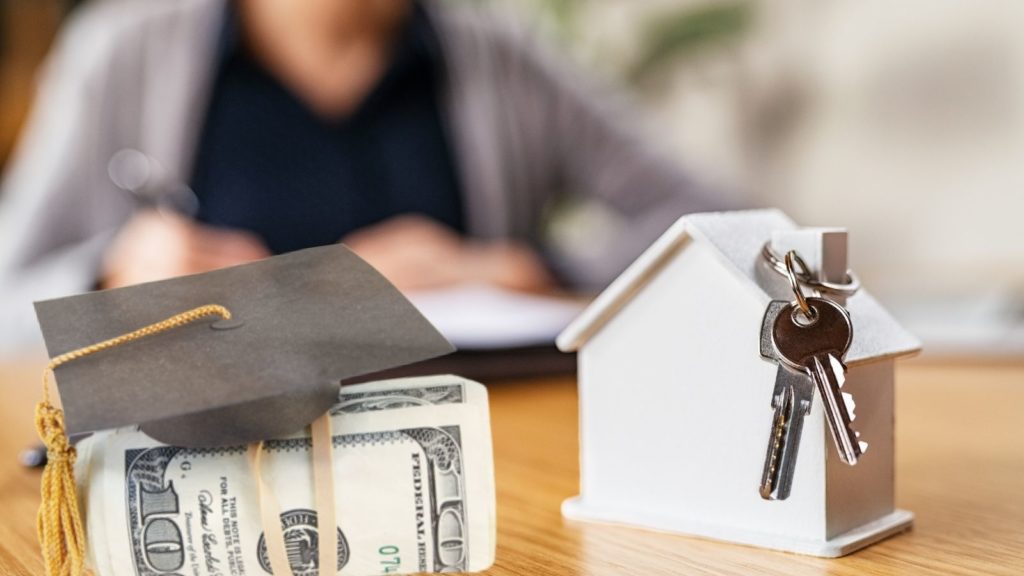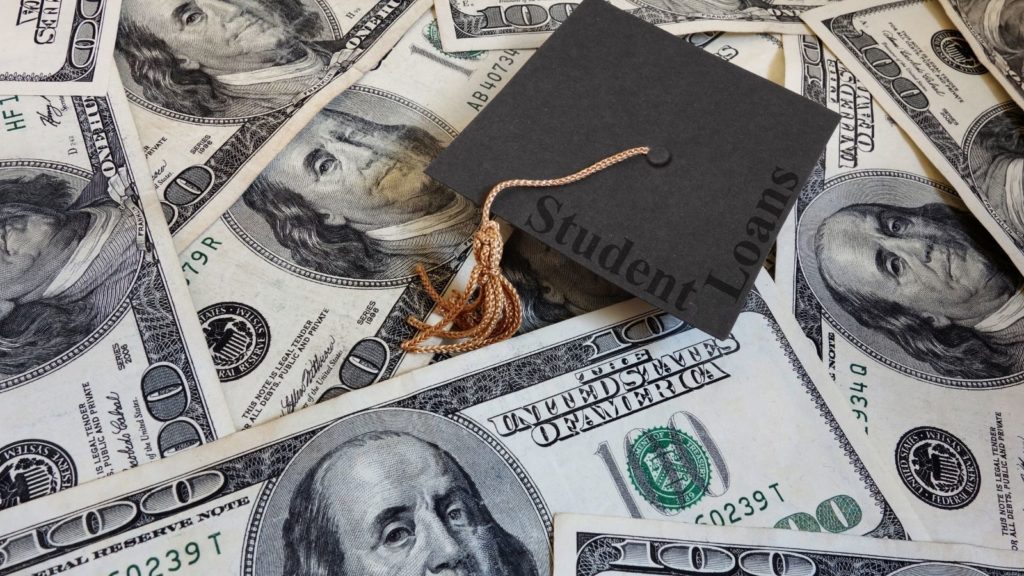Home buying isn’t as simple as picking a house out from a listing website. Many buyers spend many hours evaluating homes, neighborhoods, and nearby amenities. A house is one of the most expensive investments that the majority of adults will ever make, so it’s perfectly acceptable to take all the time that you want before making an offer.
Some prospective owners look at houses while also carrying debt from student loans. Some of these loans can be paid off in a matter of months or years, while others may take several decades to fulfill. They may even impact a person’s ability to purchase property in some instances.

Buying a home in California can be complicated. You need to pay attention to current market trends and economic conditions. Find out how much on average homes are selling for in your area and how long they have been on the market. This will help you determine if you’re in a buyer’s market or a seller’s market. Regardless of what happens, you should still be able to make your dream of homeownership become a reality. Patience, persistence, and careful planning can help you achieve your goal.
Here are a few things to keep in mind if you want to buy a house when you still have student loans:
In most instances, you should be able to buy a home even if you currently have school loans. Lenders will evaluate your current debt obligations along with your income and employment history. Banks, credit unions, and other lending institutions want to see consistent employment to ensure that you have enough money coming in to pay your regular bills. They will also look at your payment history. That’s why it’s important to make all payments on time or even ahead of time if possible.
Before you apply for a loan, you may want to take a look at your income and expenses. Review your spending to see if there are any unnecessary items that can be cut from your budget. If you are carrying any credit card balances, they should be paid off or paid down as much as you can. It’s okay to have some debt, but it shouldn’t be more than you can realistically afford. Remember that if you’re approved for a home loan, you’ll need to make a down payment and have enough funds to pay your monthly mortgage and utility bills in addition to your existing expenses.

You can also examine your debt to income ratio. This is a calculation that compares your income to your expenses. Your weekly or bi-weekly paychecks as well as any money earned for side jobs such as freelance gigs or other sources of revenue should be included in your income.
Debts will be your current rent or mortgage payments, student loan payments, car payments, child support, alimony, homeowners or renters insurance, credit card payments, any other active loan payments, back taxes, and any applicable homeowners association dues. You shouldn’t factor health insurance costs, retirement savings contributions, transportation expenses, utility bills, food and clothing expenses, or entertainment costs into your debt. When determining this ratio, you only need to add your minimum required payment. Of course, it’s always acceptable to make more than the minimum payment every month or pay those bills in full as they are received.
The amount of your regular monthly income should be divided by your regular monthly expenses to get your debt to income ratio. Multiply this number by one hundred to get your debt to income percentage. For example, if you have a regular monthly income of $6,000 and your regular monthly expenses add up to $2,000, your debt to income ratio would be 33 percent. Most mortgage lenders prefer debt to income ratios that are fifty percent or less.
If you’re concerned about this ratio, there are a few things that you can do to improve it. They are as follows:
1. Make more money. One of the best ways to improve your debt-to-income ratio is by earning additional income. You may want to take on a side job, apply for a promotion or look for higher-paying jobs in your area. Pay attention to your net income and remember that taxes and insurance will be taken out of most paychecks for full or part-time work. Keep in mind that lenders only consider recurring regular income when deciding whether or not to grant home loans, so the jobs that you pick up shouldn’t be temporary or one-time assignments.

2. Pay off existing debts. If you have other loans or credit card balances, they can be paid off. This will not only reduce your debt to income ratio, but it can also make you look more favorable to prospective mortgage companies. Paying off debts frees up more income that can be put towards your down payment as well.
3. Consider loan alternatives. There are a few government-backed home loan programs that allow you to have a little larger debt-to-income ratios. FHA loans are backed by the United States Federal Housing Administration. In most instances, the maximum debt to income ratio for this type of loan is 57 percent. Active military members, veterans, and their surviving spouses may qualify for a VA loan. This kind of loan is supported by the U.S. Veterans Administration program. It allows a debt to income ratio of up to 60 percent in many cases. You can research these loans further on your own to determine if you qualify and to learn other rules and restrictions that may apply.
It’s a good idea to review your school loan contract before investigating home loan options. Make sure that you fully understand your responsibility and any penalties that may occur for late or missed payments. You should also be able to figure out how long it will take to pay off those loans.
If you are approved for a loan, the lender will provide a preapproval letter. This document will have the terms and dollar amount that they are willing to lend. The letter doesn’t guarantee that you’ll automatically be able to buy the home that you’ve had your eyes on. However, it can give you an advantage and make you stand out to sellers over other candidates who haven’t secured their financing.
Once your offer has been accepted, it won’t be very long until the sale will be completed. At closing, all final paperwork will be signed and processed. The seller will receive their payment for the net proceeds from the transaction. You’ll be given the keys to your new house and can move in whenever you want. It’s time to congratulate yourself and start looking forward to spending many waking hours in a great place that you’ll be proud to call home.
📞 Have Questions? Ask The Chris Eckert Real Estate Team
Give The Chris Eckert Real Estate Team a call today at 650.627.3799 to learn more about local areas, discuss selling a house, or tour available homes for sale.





